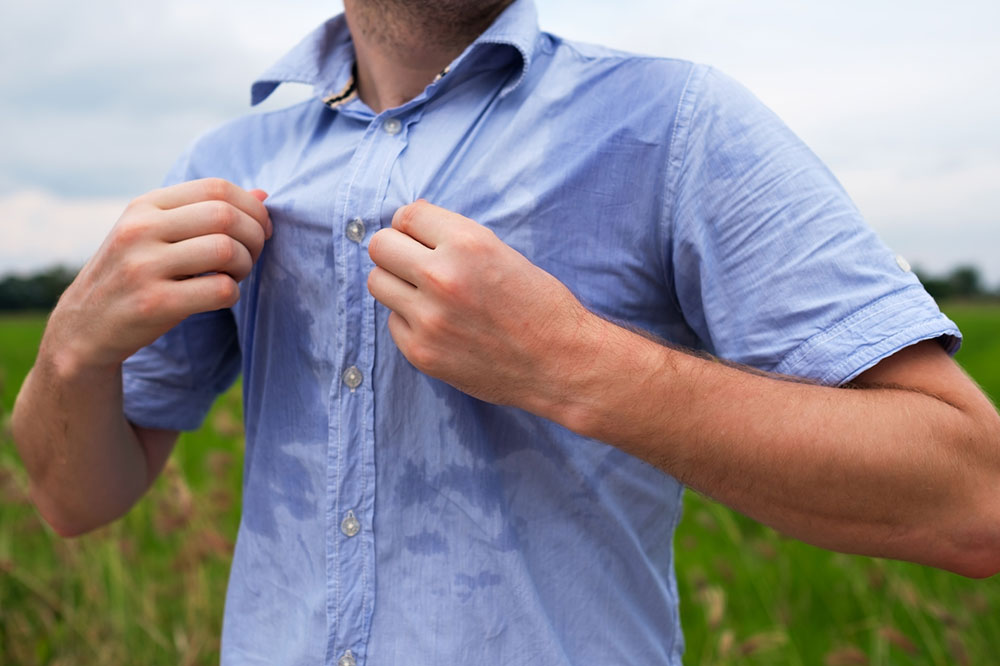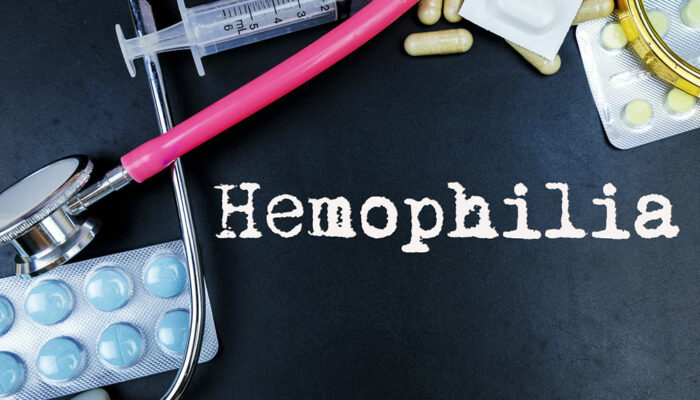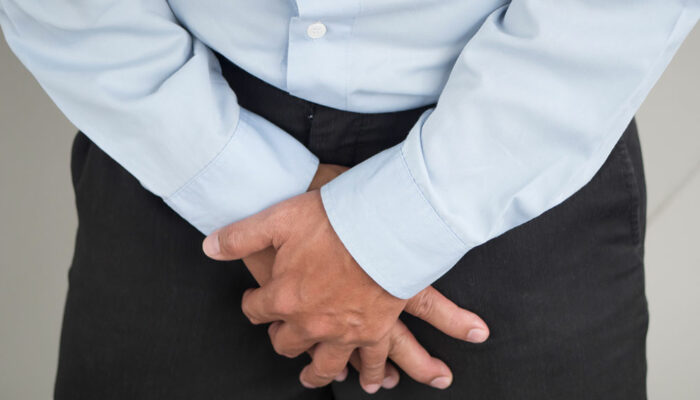
9 Common Triggering Factors for Hyperhidrosis
Hyperhidrosis is a condition that affects partially or entirely affects the whole body or a specific area of it. While it is not something serious or life-threatening, it may cause a lot of embarrassment. The sweating may occur in unusual situations, such as cold weather or when you are anxious, nervous, or stressed. Hyperhidrosis is usually most active in areas with a high concentration of sweat glands, such as the underarms, hands, feet, and groin. Here’s a look at the common triggers for hyperhidrosis.
1. Warm Temperatures
This is one of the most obvious and common triggers for hyperhidrosis. It’s important for those sensitive to such weather to not stay out during the day for long hours. This will cause excessive perspiration.
2. Exercise
Sweating during workout sessions helps maintain normal body temperature and prevents overheating. If you suffer from hyperhidrosis, drink plenty of water between workouts and wear breathable clothing made of moisture-wicking fabric.
3. Certain Emotions
Feelings of stress, anxiety, anger, fear, and embarrassment are common triggers for hyperhidrosis. Such triggers are known to activate the sweat glands and increase perspiration in an individual.
4. Hot Caffeinated Beverages
Drinking hot beverages that increase the temperature of the body may cause you to sweat more. Caffeinated beverages, such as hot tea and coffee are common triggers for hyperhidrosis. If you find yourself craving a drink often, opt for decaf ice tea or coffee.
5. Spicy Foods
Foods that contain peppers and chilies may cause excessive sweating in some people. The presence of a chemical called capsaicin in peppers activates the nerves that increase body temperature. Hence, your body perspires excessively to cool down.
6. Alcohol Consumption
According to experts, consuming alcohol affects the nervous system and almost every part of the body. It also increases the heart rate and widens the blood vessels. This may trigger excessive perspiration or hyperhidrosis in some people.
7. Medications
Certain medications, such as antidepressants, non-steroidal anti-inflammatory drugs, and diabetes medicines may cause excessive sweating. If you are experiencing this issue, talk to your doctor about it. Do not discontinue any medication without consulting a doctor.
8. Synthetic Fabrics
Clothes made of synthetic fabrics are less breathable than cotton. Hence, wearing them on warmer days may cause you to sweat excessively. If you have overactive sweat glands, wearing many layers of clothes on cold days may also trigger hyperhidrosis.
9. Medical Conditions
Hyperhidrosis may also occur due to certain medical conditions. These include thyroid problems, diabetes, menopause hot flashes, low blood sugar, nervous system disorders, some types of cancer, and infections.
These are some common triggers for hyperhidrosis. The condition isn’t severe and making a few changes to your lifestyle may save you from embarrassment. You can use antiperspirants and wear loose clothing made of breathable fabrics. If nothing helps, your doctor may prescribe some oral medications to reduce sweating.



